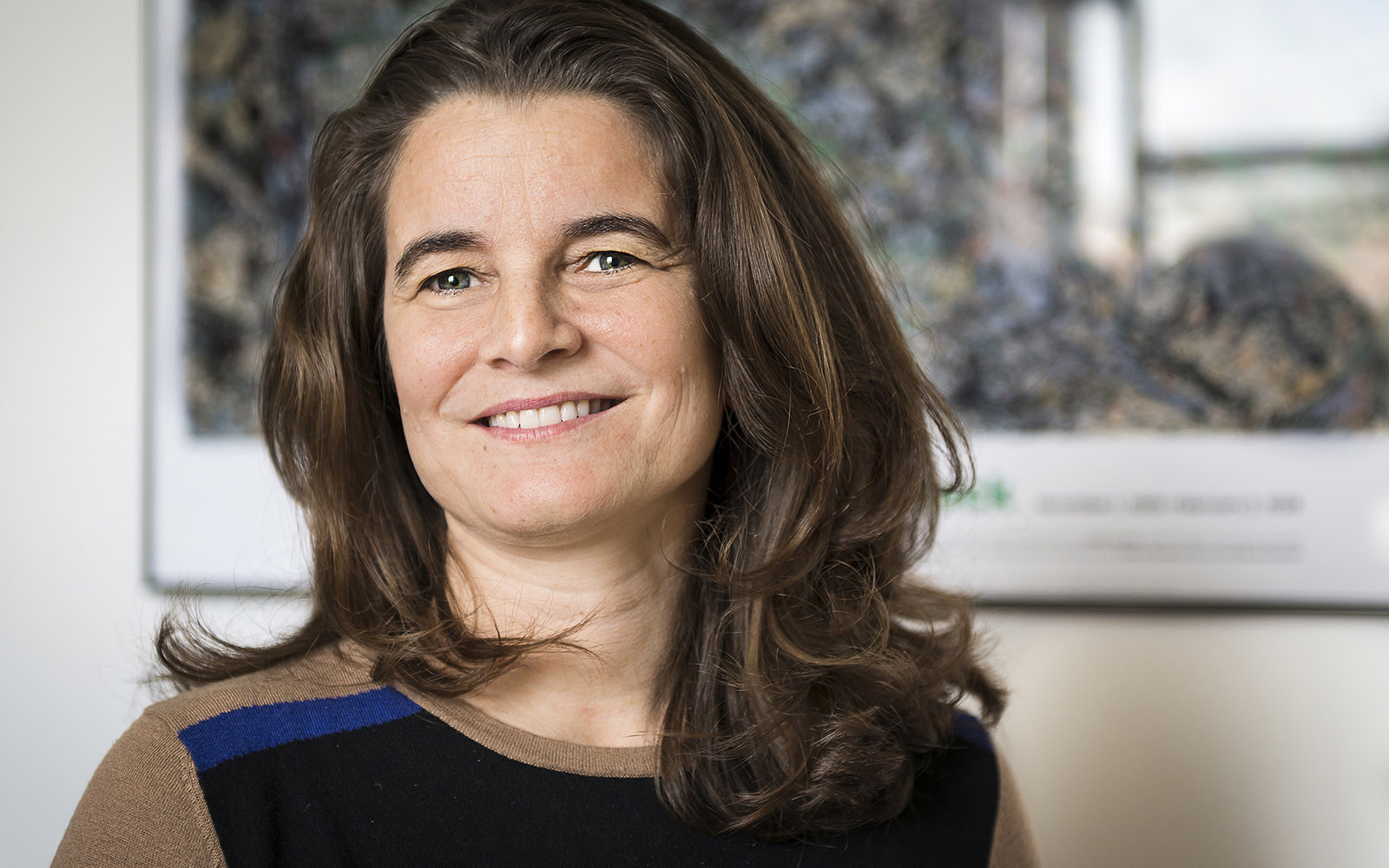IGC researcher elected as EMBO Member

Karina Xavier, biochemist recognized for her study in quorum sensing in the microbiota and principal investigator of the Bacterial Signaling group, at the Instituto Gulbenkian de Ciência (IGC), joins Inês Cardoso Pereira, biochemist recognized for her research on anaerobic microorganisms and biocatalysis, researcher and vice-director of the Instituto de Tecnologia Química e Biológica António Xavier da Universidade NOVA de Lisboa (ITQB NOVA), as new elected member. The two researchers are the only Portuguese scientists in the the list of new EMBO (European Molecular Biology Organization) members in 2021.
“An election to the EMBO Membership recognizes outstanding achievements in the life sciences” says EMBO Director Maria Leptin, “The new members will provide expertise and guidance that will help EMBO to further strengthen its initiatives.” EMBO is an organization of more than 1,800 leading researchers, including almost a hundred Nobel laureates. Portugal has twenty researchers in the organization, now reaching 24 in total.
Researchers are elected by peers, in recognition of their work in areas like cell biology, immunology and molecular medicine, among others. In 2021, 64 researchers have been elected – 55 European and 9 from third countries. Besides the researchers now elected, ITQB NOVA adds up three researchers and IGC eight more. The two Portuguese researchers elected this year are based in Oeiras, a municipality that has been pursuing a Science and Technology Strategy focused on partnerships with research institutions headquartered in Oeiras. This election acknowledges also the value of fundamental research in life sciences and the importance of recruiting and supporting the best researchers in Portugal.
EMBO’s tradition of recognising outstanding life scientists as Members dates back to 1963, when an initial group of 150 Members were selected by EMBO’s Council. The major goals of the organization are to support talented researchers at all stages of their careers, stimulate the exchange of scientific information, and help build a research environment where scientists can achieve their best work.
Karina Xavier began her studies with Archaea, ancient single-cell organisms similar to bacteria. In 2000 she joined the group of Bonnie Bassler, a microbiologist at Princeton University studying cell-cell communication in bacteria. While investigating the role of a specific molecule, called AI-2, in the model bacteria Escherichia coli, Karina mixed it with the cholera-causing bacterium (Vibrio cholerae) and found that the two species could use AI-2 to regulate each other’s’ gene expression. Therefore, showing for the first time that this signal could foster interspecies communication. A discovery that determined her scientific path from there. In 2006 Karina joined the Instituto Gulbenkian de Ciência to start her own research group, dedicated to Bacterial Signalling, and expand this area of study to understand how bacteria communicate in the microbiota. The microbiota play a crucial role in human health and there are still many mechanisms that remain to be explained. The group led by Karina is now focused on understanding the factors that influence bacteria communication within the gut microbiota to implement strategies that can promote microbiota restoring after perturbations caused by antibiotics or unhealthy diets. The daughter of two scientist, Karina was always very curious and questions were constant in her dialogue. Characteristics that she believes are the basis of her career decision and critical to develop the fundamental research to which she is dedicated to.
To Karina Xavier “it is a great honor to be elected and join this European Organization that includes so many reference scientists in areas so relevant in Biology such as Molecular Biology, Genetics, Ecology and Evolution. This is also a great opportunity once it will allow to increase our network of collaboration with scientists from around the world.”
Read Press Release (in Portuguese)
EMBO's Press Release
